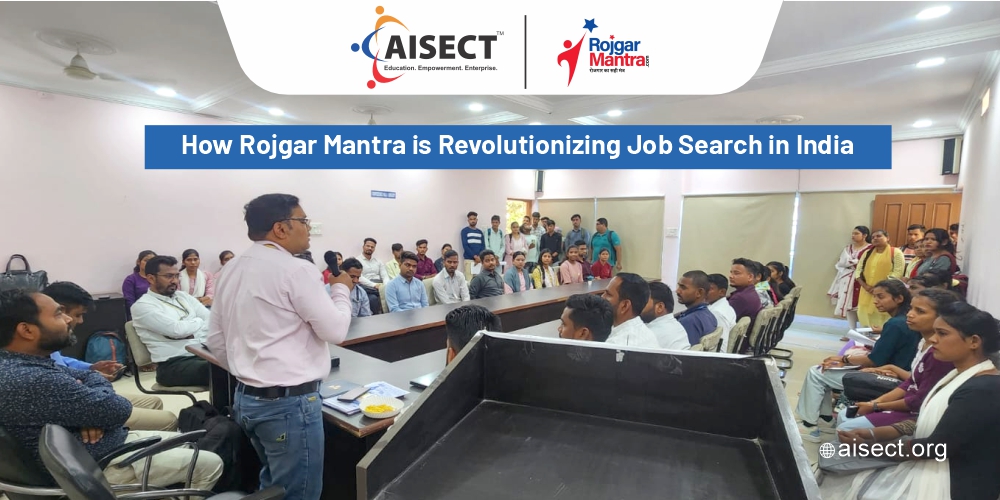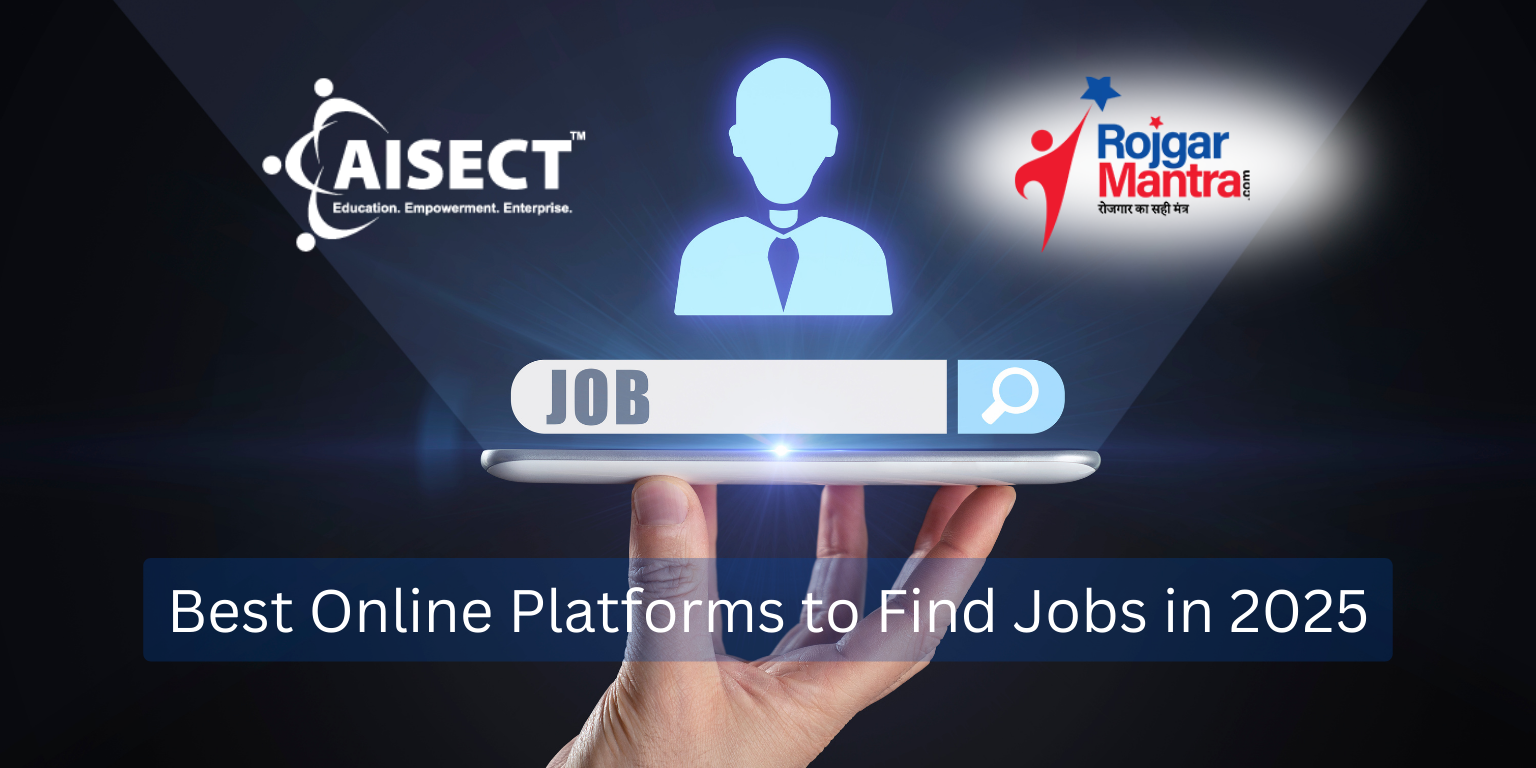Introduction
Every year brings changes in market trends, and 2024 is bringing changes in how companies hire. From remote work to skill-centric recruitment, hiring trends are changing significantly. We will discuss some important hiring trends that are coming up, giving both employers and job seekers a reason to feel good about the future. It’s like a new chapter is starting, with opportunities for everyone involved. If you are planning to quit the job or if you are considering a job change, Knowing the market trends is a must for you to survive the current landscape of the workplace.
Technology is your friend in the hiring game, the magic that technology can bring you is very important. For Employers, Crafting clear job descriptions, using strategic words to attract top talent, and building authentic connections are crucial, and for employees Resumes and relevant skill-building are crucial. In this, we will talk about the Important trends of 2024.
1. Remote work
As per the report of Economic Times, 60% of the employees surveyed say remote work has been the biggest work trend, post-pandemic, followed by hybrid work (42%).
In 2024, one of the game-changing deals is remote work. Remote work is not just a thing employers have to do; it’s a smart move. Now, why is it smart for small businesses? Well, it opens up a world of possibilities for finding awesome people to join their team. They are not limited to hiring only those who live close by. They can find talented folks from anywhere, making their team super diverse. It will be adaptable and flexible for employees and who doesn’t like flexibility in work? To make the most out of this remote work deal, build hard skills as well as soft skills to get ahead in the competition. Things like video calls and messaging apps make sure everyone is on the same page, even if they’re miles apart. So, in 2024, remote work isn’t just a thing you have to do; it’s a smart choice that can make small businesses even more awesome. Let’s talk about why and how small businesses can make the most out of it.
- • Understand the virtual world: Understanding the virtual world, and how work can be done effectively even without being in the same place is the need of an hour. By understanding it, we can solve the majority of the problems of remote work. Several platforms are helping us in this journey like Google Meet, skype, etc.
- • Communication: For Remote work, the most important thing is communication; it should be effective communication. Without effective communication, an organization cannot work properly. So choosing the right communication method is of utmost importance. This clarity helps in avoiding misunderstandings and reduces the likelihood of errors. For employers it is important to work on soft skills like communication and collaboration, team work is the key responsibility in remote work.
2. Skill-Based Recruitment
For 79% of HR professionals, scores on skills assessments are just as or more important than traditional hiring criteria.
Skill-based recruitment is very popular among companies currently. HRs are hiring more based on soft skills and hard skills rather than following traditional patterns such as years of experience or educational background, skill-based recruitment places a stronger emphasis on assessing the candidate.
One of the significant advantages of skill-based requirements is the ability to evaluate candidates based on their proficiency in specific areas relevant to the job role. This shift from subjective assessments to skill-based assessments helps hiring managers make more informed decisions, reducing the risk of hiring mismatches and increasing the likelihood of finding the right fit for the organization.
In the current scenario, skills are more important than the educational background. To survive in this digital era, one has to develop new skills and polish the skills that one already possesses.
3. Strategic Talent Acquisition For SME
With the fast growth, small and medium-sized enterprises (SMEs) face several unique challenges related to talent acquisition. A key fundamental concept of strategic talent identification for SMEs involves knowing the specific demands and culture of the organization. Unlike larger corporations, SMEs often operate in niche markets or have specialized service offerings. Hence, making custom recruitment strategies that align with the unique requirements of the business is essential. A basic fundamental of correct talent identification and admission for SMEs is building a strong employer brand. In a cut-throat market with limitless competition, probable employees look for companies that not only offer the right work but also have a positive and adjustable workplace and culture.
4. Reaching new heights in Business Impact of SMEs on the ever-growing market
SMEs are promoting their employer brand by presenting their company values, employee success stories, and the unique opportunities that only they provide and no one else. This both attracts top-level talent and also contributes to the willingness of the employees to stay by creating a sense of belonging. Strategic talent acquisition goes beyond traditional recruitment methods. SMEs are using digital platforms and social media to make their reach go further and engage with the probable candidates. Social media is on the rise, and employing the modes allows SMEs to present their brand value, workspace culture, and job opportunities that they are providing to a much wider pool of people. That’s why it is very important to build your profile and CV whenever needed. Social media platforms offer a much-needed area for connecting and developing useful partnerships with individuals who may not currently be seeking new job opportunities but could be a valuable asset to the team at some other point in time.
5. Crafting a Talent-Driven Growth Strategy for Small and Medium Enterprises (SMEs)
Forming an association with educational institutions and industry associations is also a very effective strategy for SMEs. They are establishing partnerships with local universities or vocational schools that can provide a direct pipeline of skilled graduates. Moreover, investment in industry events and associations makes sure that SMEs use networks to communicate with professionals who have the expertise that is relevant to the business, opening new opportunities for talent acquisition. To keep the skilled professionals within the company, SMEs are increasing focus and resource allocation into employee development programs. Presenting continuous learning opportunities not only enhances the skills of already existing employees but also shows a promise from the company that the growth and career progression of employees within the organization is of utmost importance to the company.
6. Diversity and Inclusion
According to the Pew Research Center, 56% of workers believe that focusing on increasing diversity, equity, and inclusion at work is mainly a good thing. Another 28% of workers say it is neither good nor bad.
A company’s DEI report is crucial, it is more crucial for GENZ’s and Millennials. This means that a company is making progress to include diversity and inclusion in the organization. Now, recruitment agencies are paying more attention to diversity which is good news for fresher’s. They are using smart tools to evaluate candidates reasonably. These tools should are designed in such a way that any unfair treatment in the hiring process would not take place. It’s like making sure everyone gets a fair chance at getting the job, no matter who they are. Women are more likely to work in a place where they pay heed to diversity and inclusion, it’s extremely important to them to work at a place that is diverse when it comes to gender, race, ethnicity, age, etc.
Conclusion
SMEs can use digital marketing to promote themselves in the cutthroat competition and get an edge over their competitors as it opens new doors for possibly talented employees with next to no difficulty. After getting the needed employees, companies need to focus on talent-driven growth, because getting employees is only a part, keeping them at peak form and retaining them is the rest of what will carry the company further ahead. Moreover, companies should pay special attention to branding, which is how their company’s image is for possible employees. Having a good workplace environment, no matter how small the company is, will always be a green flag for probable candidates, which will bring more to the group.
In conclusion, for small businesses in 2024, success lies in embracing remote work, strategic talent acquisition, strong employer branding, and fostering diversity and inclusion. It’s not just about hiring; it’s about creating a workplace where everyone feels valued and has opportunities to grow.



